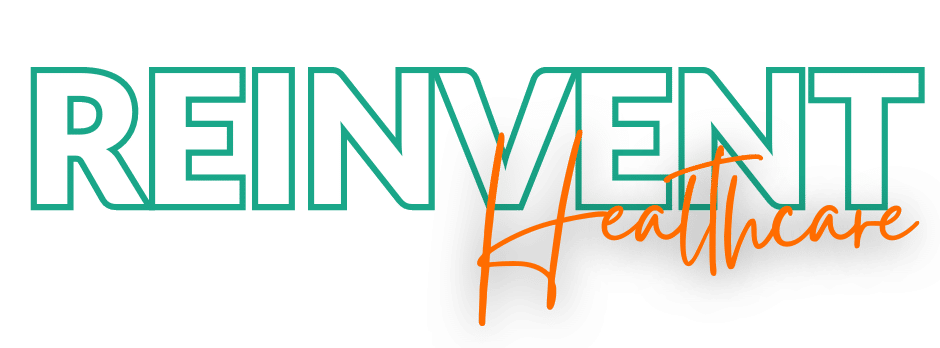How Niacin Can Help With Raynaud’s Syndrome
IN THIS EPISODE:
Mechanism of Raynaud's and Niacin's Vasodilatory Role
Raynaud's results from abnormal nerve control of blood vessel diameter, leading to abnormal responses to cold and stress. Niacin, a form of vitamin B3, acts as a vasodilator by stimulating the release of prostaglandins, causing capillaries to expand and increasing blood flow to the skin. This vasodilation can potentially alleviate symptoms of Raynaud's by improving circulation to the affected areas.
Niacin as a Potential Treatment for Raynaud's
While there is limited scientific evidence from double-blind placebo-controlled studies, anecdotal evidence suggests that niacin supplementation may help improve symptoms of Raynaud's. The vasodilatory effects of niacin, coupled with its ability to release histamine, make it a potential candidate for managing Raynaud's symptoms.
However, caution is advised regarding dosing, as individual tolerances vary, and very high doses of niacin may lead to side effects such as liver toxicity, gastrointestinal issues, and interactions with medications. Gradual titration and monitoring of symptoms are recommended to find an effective and safe dosage for individuals with Raynaud's disease.
Niacin Dosage for Raynaud’s Relief
I always suggest going low and slow, so start with small amounts of niacin, such as around 50 milligrams, and gradually increase the dosage while monitoring the duration and intensity of the flush reaction. This personalized approach allows individuals to find the optimal dosage for managing Raynaud's symptoms without experiencing discomfort or adverse effects. Additionally, it is good to experiment with niacin supplementation to achieve the desired therapeutic effect while minimizing potential side effects.
Important ReInvent Healthcare Links
- Access Additional Resources for Practitioners ready to improve clinical outcomes through our Nutritional Endocrinology Practitioner Training.
- Visit the ReInvent Healthcare site to check out other podcast episodes and resources to support you in empowering your clients health recovery journeys
- Check out the Raynaud’s Study here.
- The Study on Niacin in Relation To Depression.
- Get yourself a copy of Niacin: The Real Story here.






